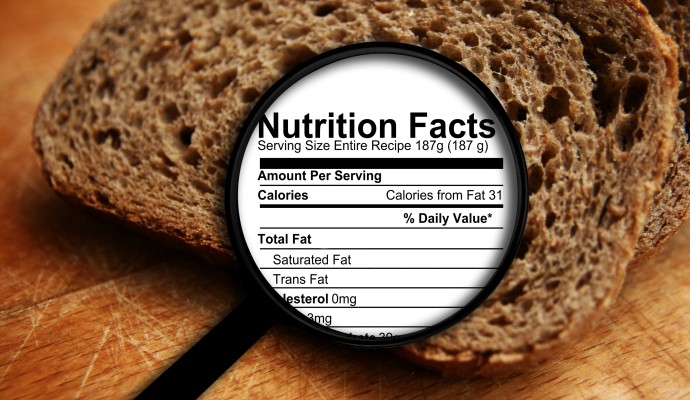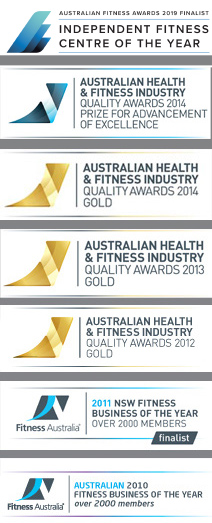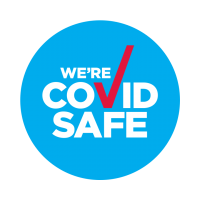
Nutrition: Fact Vs Fiction
Humans are a species which are continuously discovering, rethinking and reshaping the environment in which we live. With thousands of thinkers, and thousands more things to think about, it becomes hard to avoid the over-abundance of information that fills up our world. With that in mind, how can you as an informed consumer, be expected to keep up with ongoing and continually shifting research. Well first, by reading PT E-News! It might be hard to figure out what the big fuss about spirulina is, but let us make something a little easier for you. Nutrition; what you need to know to be an informed consumer and owner of a body!
Superfoods!
You might have heard the term ‘superfood before’. Do they really exist, and if so, what are they? Well the unfortunate news is that there is no such thing as a superfood. Supposed nutritional powerhouses like blueberries, kale, acai, goji berries and quinoa, while they maintain great nutritional value, there is nothing that makes them outstandingly favourable in comparison to regular (and more boring) fruits and vegetables.
Low Fat is Best?
Since the 1960’s, when the link between diets high in saturated fats and heart disease was made, the macronutrient fat has gotten a bad rap. Well the good news is that fat, along with proteins and carbohydrates, is an essential in the body. While we don’t promote a high fatty diet of fried and processed foods, we do encourage better fat alternatives in products like salmon, avocado and olive oil. When shopping, also keep in mind that low-fat foods have made a trade-off to substitute for the fat. These are normally higher in sugar (or ‘high fructose corn syrup’) or carbohydrates to compensate for taste. Make sure you read the food labels!
Brown Sugar, honey and agave are the way to go!
While it is true there is a growing global health epidemic recognised to be the results of the over-consumption of sugar, is the abundance of sugar alternatives the way to go? The disappointing answer is no. Your favourite cafe down the road is doing you no favours by only serving brown sugar. Below the neck, the body is not discerning and doesn’t know you chose the $18 agave syrup over a teaspoon of regular old white sugar, and thus treats all these products the same. The difference here lies in the fact that agave and honey are natural sweeteners, while products like brown sugar (which is just sugar with molasses) is not. On this note, the same goes for products like sea salt, table and kosher salt. Gram for gram, they all have the same level of sodium, the difference lies in how they are made and their mineral contents. WHO (The World Health Organisation) recommends that your total sugar intake should be just 5% of your daily calorie intake. Just remember, while these products are considered the better option, consuming them in great quantities in replace of white sugar and table salt, will still reap negative nutritional side effects similar to the overconsumption of sugar.
“I cut out gluten”
If you suffer from Celiac disease, then I’m glad to hear it! If not, why have you cut out gluten? Over the recent years, gluten, like carbs and fats, has been demonised. The frank truth is this; gluten free diets were designed for those whose digestive systems cannot process, or are sensitive to, the protein gluten in grains like wheat. However, if you do not suffer from the above, you should ask yourself is this really necessary. Most people who go on gluten free diets feel the benefits not from cutting out this protein in wheat, but from eliminating the highly processed foods that like pastries and bread, that gluten is found in, and therein the weight loss lies!
You need no longer wade through the nutritional fog of misconception and doubt. Going back to basics is your best bet for a nutritionally balanced diet. Eating foods in their original source, e.g. a banana over banana bread, eating a wide variety of colourful foods from all the different food groups, avoiding highly processed food products and engaging in moderate level exercise on most days has long been, and still is, the best method to maintaining a healthy lifestyle.

Written by Stephanie Croucher – Personal Trainer









